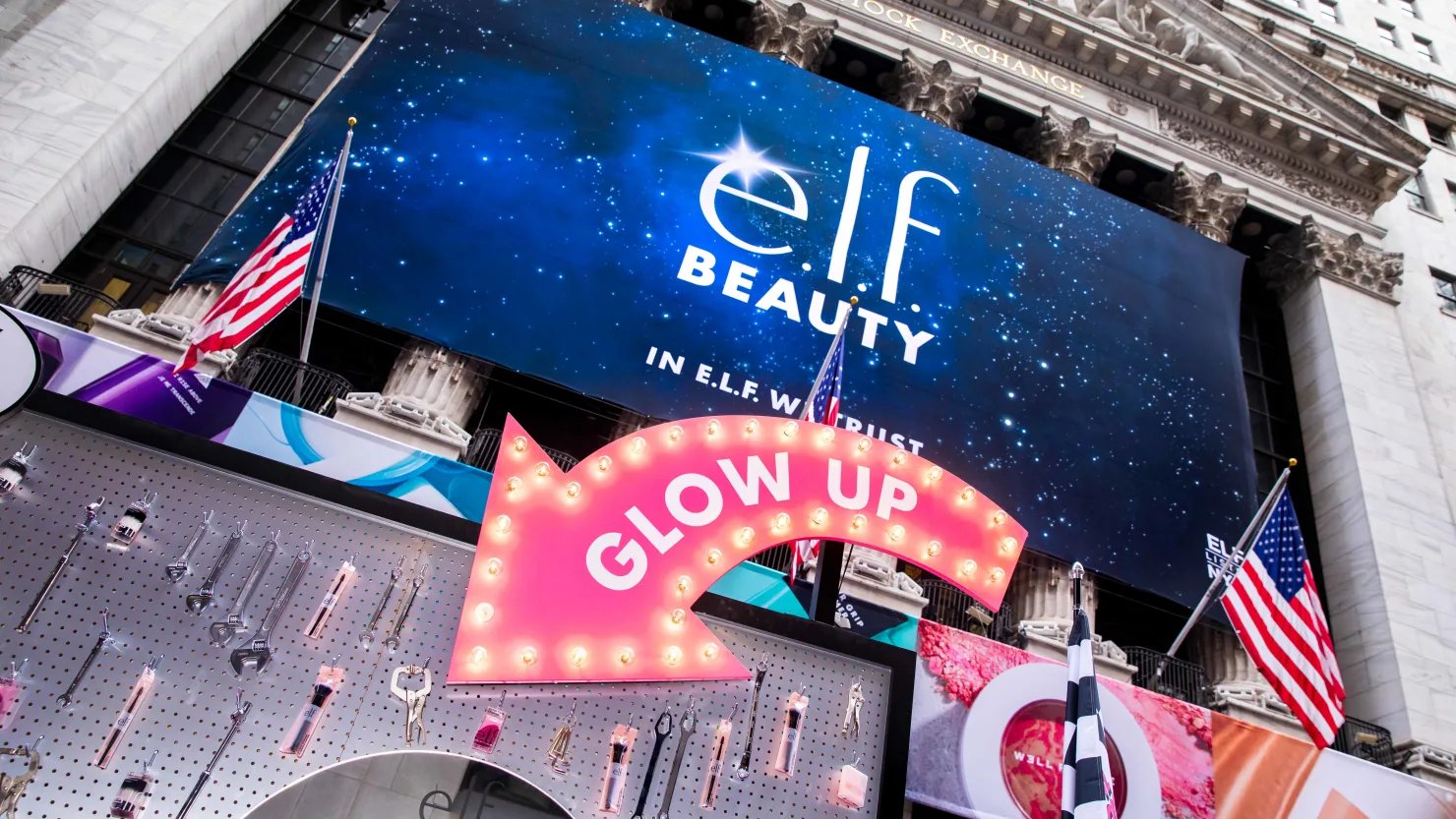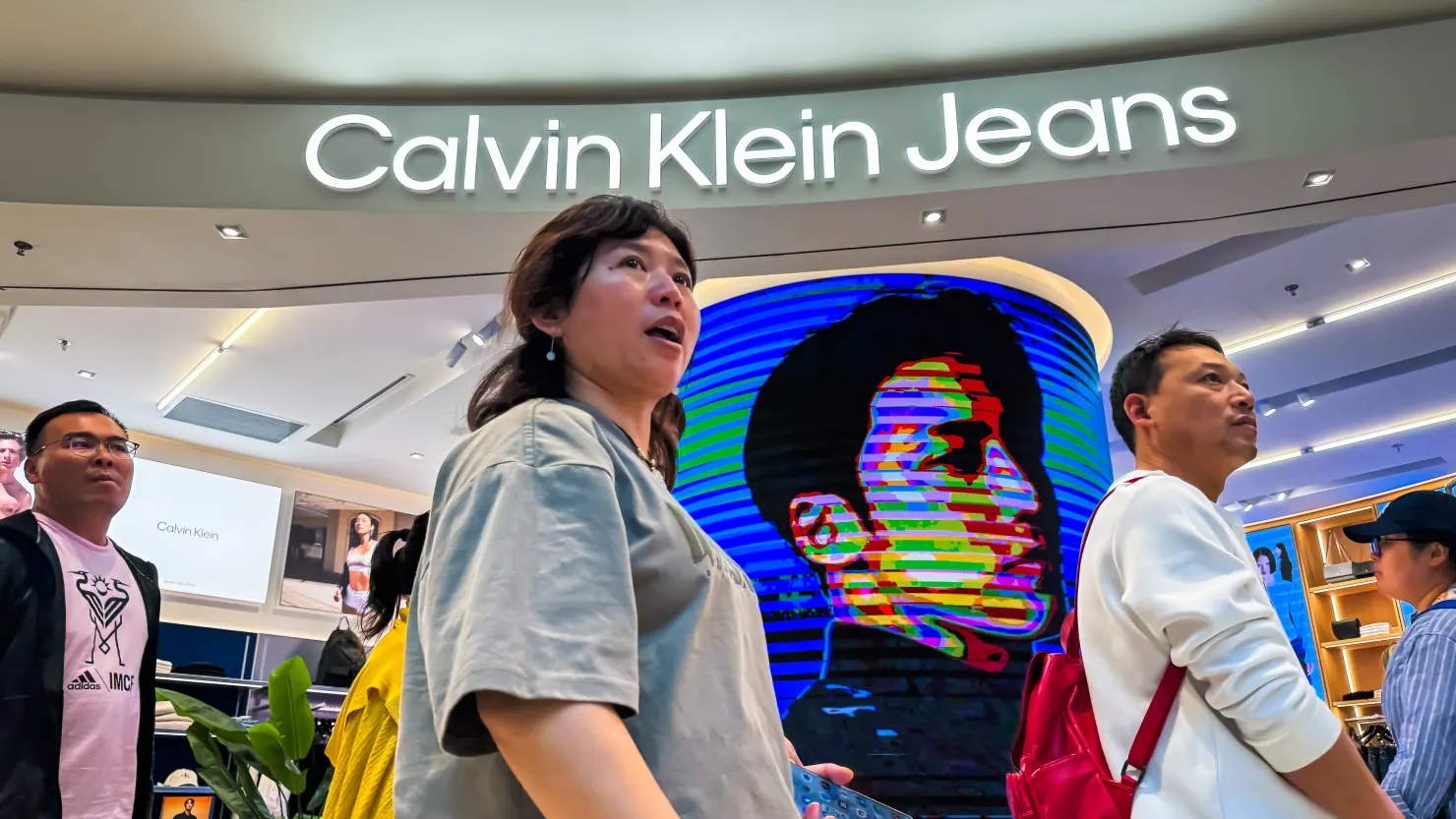Tapestry Shares Surge 12% as Strong Holiday Sales Boost Earnings

Shares of Coach parent company Tapestry saw a significant 12% increase on Thursday after surpassing holiday-quarter sales expectations and raising its full-year forecast. The fashion and accessories giant now projects full-year revenue exceeding $6.85 billion, about 3% higher than the previous year, with earnings per share anticipated between $4.85 and $4.90. These figures surpass earlier forecasts of $6.75 billion in revenue and earnings per share between $4.50 and $4.55.
Tapestry’s Performance Following Merger Collapse
Tapestry’s robust performance comes just weeks after calling off its planned merger with Capri Holdings, which would have brought together Coach, Kate Spade, and Stuart Weitzman with Capri’s Versace, Jimmy Choo, and Michael Kors under a single luxury powerhouse. Capri, in contrast, reported weak holiday-quarter results, with sales of Versace and Michael Kors plummeting by double digits. Capri’s CEO, John Idol, acknowledged missteps, including reducing lower-priced accessories that had previously attracted new customers.
In contrast, Tapestry CEO Joanne Crevoiserat credited Coach’s success to its ability to offer “innovation, relevance, and value,” which resonated strongly with consumers despite a selective spending environment.
Earnings Breakdown
Here’s how Tapestry’s fiscal second-quarter results compare with Wall Street estimates from LSEG analysts:
- Earnings per share: $2.00 (adjusted) vs. $1.75 expected
- Revenue: $2.20 billion vs. $2.11 billion expected
For the quarter ending December 28, Tapestry reported net income of $310.4 million ($1.38 per share), slightly down from $322.3 million ($1.39 per share) in the previous year. Adjusted earnings per share excluded one-time items like interest expenses and tax provisions. Despite this, net sales rose to $2.20 billion from $2.08 billion.
Coach continued to lead Tapestry’s portfolio, reporting an impressive 11% revenue increase. However, Kate Spade and Stuart Weitzman underperformed, with sales dropping 10% and 15%, respectively.
Tariff Impact and Market Expansion
CFO Scott Roe assured investors that the recently imposed 10% tariff on Chinese imports (effective February 4) would have minimal impact on Tapestry’s financials, as less than 10% of its sourcing comes from China. Additionally, Tapestry has no manufacturing operations in Canada or Mexico, further mitigating potential risks.
Tapestry’s Strategy for Growth
Rather than pursuing mergers or acquisitions in the near future, Tapestry is focusing on organic growth by strengthening its existing brands. CEO Crevoiserat emphasized the company’s commitment to expanding Coach’s popular styles, revitalizing Kate Spade, and increasing customer acquisition in key markets like Europe and China.
Regional Highlights:
- North America remains Tapestry’s largest market, accounting for nearly 70% of quarterly sales.
- Europe outperformed with a 45% revenue increase.
- Greater China saw a modest 3% revenue growth.
- North America grew by 4%, while Japan reported a 5% decline.
Crevoiserat highlighted Europe as a major growth opportunity due to its lower market penetration.
Younger Shoppers Drive Sales
Tapestry attracted 2.7 million new customers in North America during the quarter, with Gen Z and millennials comprising over half of them. Coach’s Tabby shoulder bag was a standout performer among younger shoppers, available in various colors and materials. Other bestsellers included the Brooklyn shoulder bag ($295) and the Soft Empire Carryall Bag 40 ($695).
Revitalizing Kate Spade
To address declining sales, Tapestry is implementing a strategic overhaul at Kate Spade. Under the leadership of newly appointed CEO Eva Erdmann (formerly of L’Oréal’s Urban Decay Cosmetics), the company will streamline Kate Spade’s handbag lineup by reducing styles by over 15% this fall. Instead of relying on discounts, Tapestry aims to drive sales through innovative and compelling product offerings.
Crevoiserat emphasized that minimizing promotional activity is essential for solidifying Kate Spade’s brand identity and positioning it for long-term global expansion.
Final Thoughts
With a strong holiday quarter, an optimistic full-year outlook, and a focus on organic growth, Tapestry is well-positioned to thrive in the competitive luxury market. By capitalizing on consumer demand, strengthening brand identity, and expanding in underpenetrated regions, the company is paving the way for sustained success.








